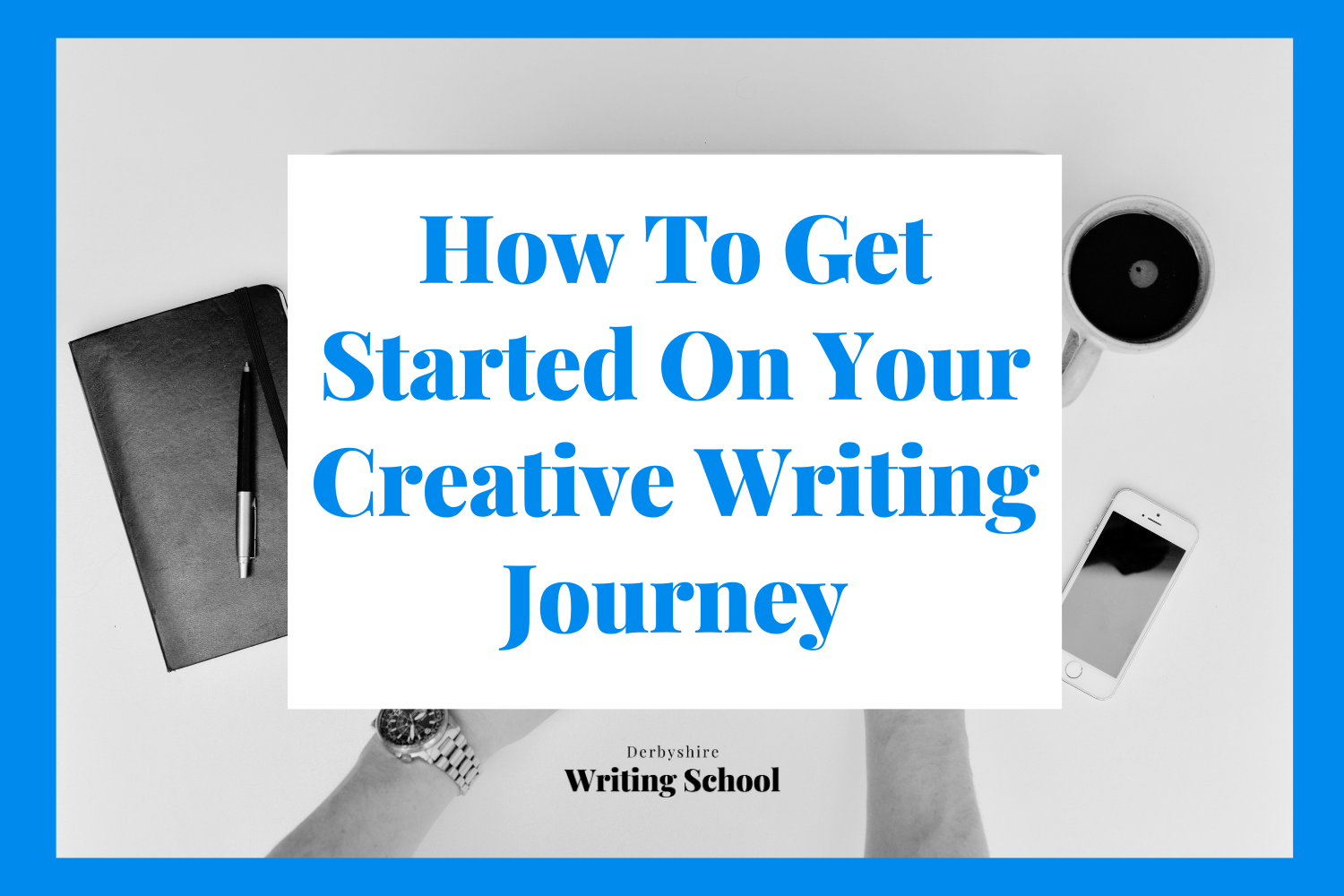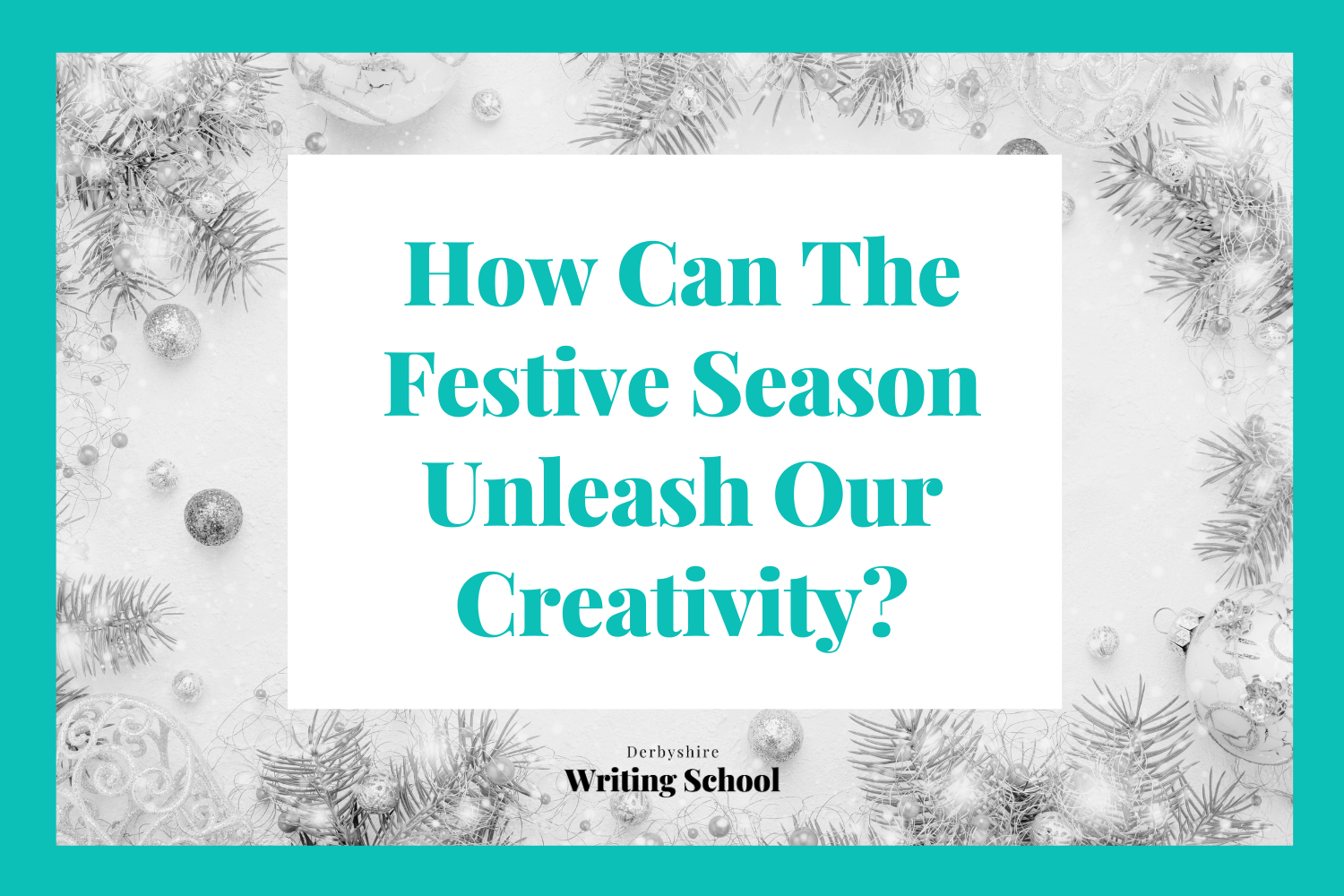I Want To Become A Writer. Where On Earth Do I Start?
First, congratulations! Deciding you want to write is the first step to becoming a writer. But what is the next step?
Below is a list designed to help you get started on your journey to becoming a writer and writing your first piece of work.
How to write your first piece of creative writing
Please note this list is just to help you get started some things won’t apply to you or you may find it unnecessary this is fine. We are all different people and work (and write) differently. Your version of success will be different from another writer, and we can’t compare goals when we’re all starting from different points. It’s not a competition.
We’re all here because of the work of the writers that have come before us and we’re paving the way for the writers who will follow. It’s a journey, but you’ve got to take the first step.
Keep reading to find out more…
Step 1– Have an idea.
When you decide to begin writing, you might already have an idea of what you want to write, fiction or non-fiction, and maybe an idea of what your first story or article is going to be. If not, now is the time to decide. If you are stuck with ideas, try undertaking some research. This can be as simple as looking at your bookshelf to see what kind of genre you prefer to read or it could mean perusing a newspaper to see what articles jump out at you.
Remember: You don’t have to write in the same genre as you read, but if you’re struggling to think of ideas, it is a good place to start as you will already have a basic understanding of the genre and style. And as the cliché goes, ‘write what you know’.
Alternatively, you can skip this step and try your hand at freewriting, this involves sitting down and writing whatever pops into your head, this is also a useful exercise to allow you to get used to sitting down and writing, as well as clearing your mind.
Step 2 – Pad the idea out.
Now you have your idea it’s time to pad it out. How you do this is an entirely personal process, but here are a few techniques you can use to develop your ideas:
Go to Pinterest to find images that might inspire characters’ appearances or the setting for your story. For non-fiction writers, you can do the same but with real people and places.
Decide what the ending will look like, then work backwards. Non-fiction writers can start with their conclusion. This follows the advice that we should ‘begin with the end in mind’. It can help you craft a story with a clear purpose.
Use writing prompts to generate ideas, it’s amazing how one idea builds. Or if non-fiction is your thing, read other non-fiction pieces on the same topic and make notes, try to create your own opinion on what’s been shared.
Step 3 – Don’t rush yourself.
Don’t rush. We often make this mistake when we start to write. Sometimes you need time to work through your ideas rather than just sitting down and forcing words out. It can be easier to write when you have a well-developed idea in your head.
Step 4 – Plot / Plan your piece.
How you do this is entirely up to you. Some people like to have very detailed plans where every scene/paragraph is outlined while others just bullet point a few ideas and then ‘wing it’ when they sit down to write.
You can also use recognised plot templates for your story such as ‘The Hero’s Journey’ or the ‘3 Act Structure’. If this sounds like something you would like to have a go at using, there is a wealth of examples of these plot templates online.
Step 5 – Make time to write.
Even ten minutes a day is enough time to write. Being a writer doesn’t mean locking yourself in a room with a laptop churning out pages and pages of words. Just writing a sentence makes you a writer. We’ve got some tips to help you write, even on the days when you don’t feel like it.
Step 6 – Call yourself a writer.
This may sound a little silly, but just calling yourself a writer makes a huge difference. This is part of developing your writing mindset, and it can make a huge difference to how you of yourself and your work. When people ask you what you do, say, ‘I am a writer’, because you’re writing and that’s what makes it true!
We want to help you on your journey to becoming a writer. You can listen to our podcast, read our blog posts and join our free newsletter to help you develop the skills you need to bring your words to the page and share your story with the world.
This post has been written by Hollie Parkin.












